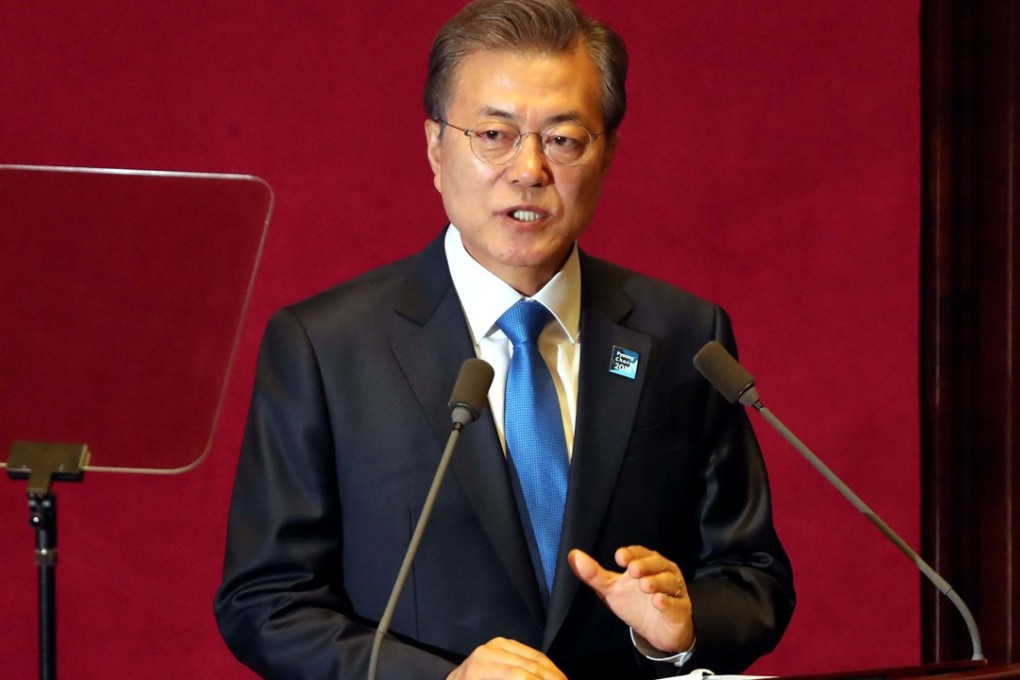Is South Korea ready to take on racism? First, it must admit it exists
‘It’s a different sort of racism. It’s not the deep-seated, you-don’t-deserve-to-live racism that exists in the US’

When Koreans ask Roberto Hernandez if he is Indian or Middle Eastern, he says they’re always surprised to learn that he is actually from Meriden, Connecticut, and that both his parents are Puerto Rican.
“But that doesn’t feel so bad,” he says, “being asked. There’s a curiosity to it. And it doesn’t feel offensive or hurtful. But when someone goes, ‘Hey, that is an Arab guy,’ I think it’s really disrespectful to have this kind of open commentary under the assumption that I don’t understand what they’re saying.”
Ethnic Koreans constitute 96 per cent of the population, making it one of the least diverse countries in the world and affording Koreans few opportunities to interact with ethnic minorities without going abroad, which helps explain the behaviour Hernandez describes. But other forms of discrimination are more direct.
Kanika Copeland, 41, a black woman who lectures at Dongguk University in Seoul, recalls an incident in a bar several months ago involving a white friend of hers. “A random Korean man came up to her and asked her why she was here with a black girl,” Copeland says.
No one has a monopoly on racism
